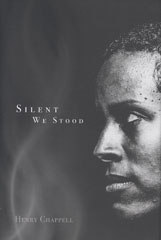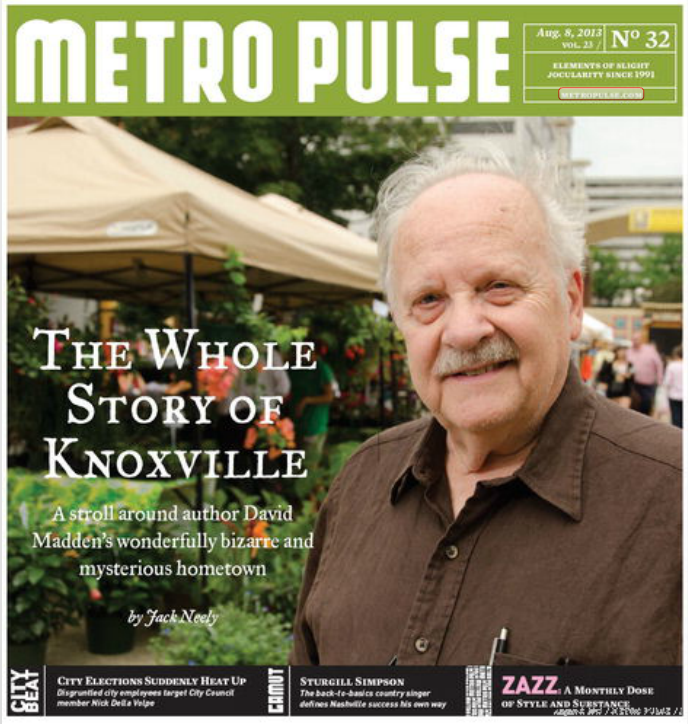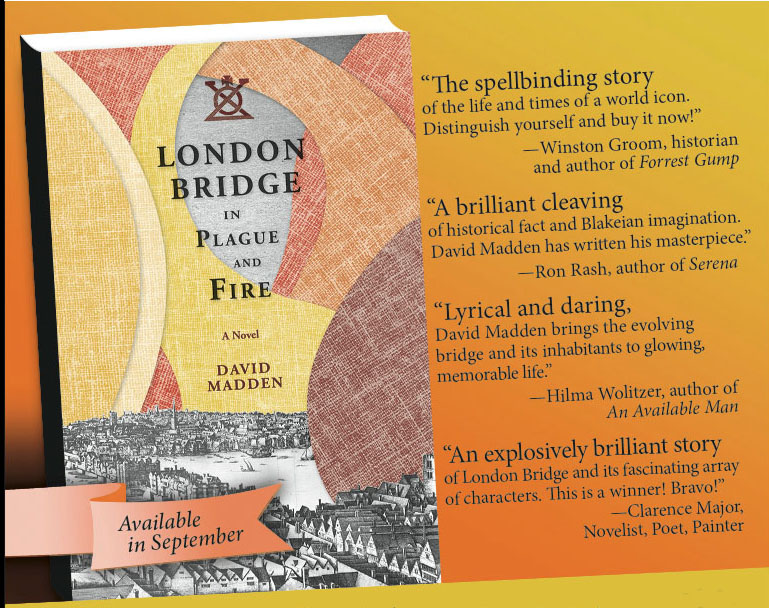 Silent We Stood
Silent We Stood
by Henry Chappell
A Novel of the Underground Railroad in Texas
Publisher: Texas Tech University Press
Retail Price: $29.95
Issue: Winter 2014
ISBN: 9780896728325
Henry Chappell, author of Blood Kin and The Callings, fresh uses of the Western genre, has based Silent We Stood on actual events, which he describes in a preface. On Sunday, July 8, 1860, twenty-five establishments around the town square in Dallas burned. The fire was later determined to have started in the kindling box of a drug store, but suspicion that some whites among the 775 citizens were conducting an underground railroad and long-festering fear of an insurrection among the 1700 slaves in the county put the blame on three, and they were hanged. Continue reading »

